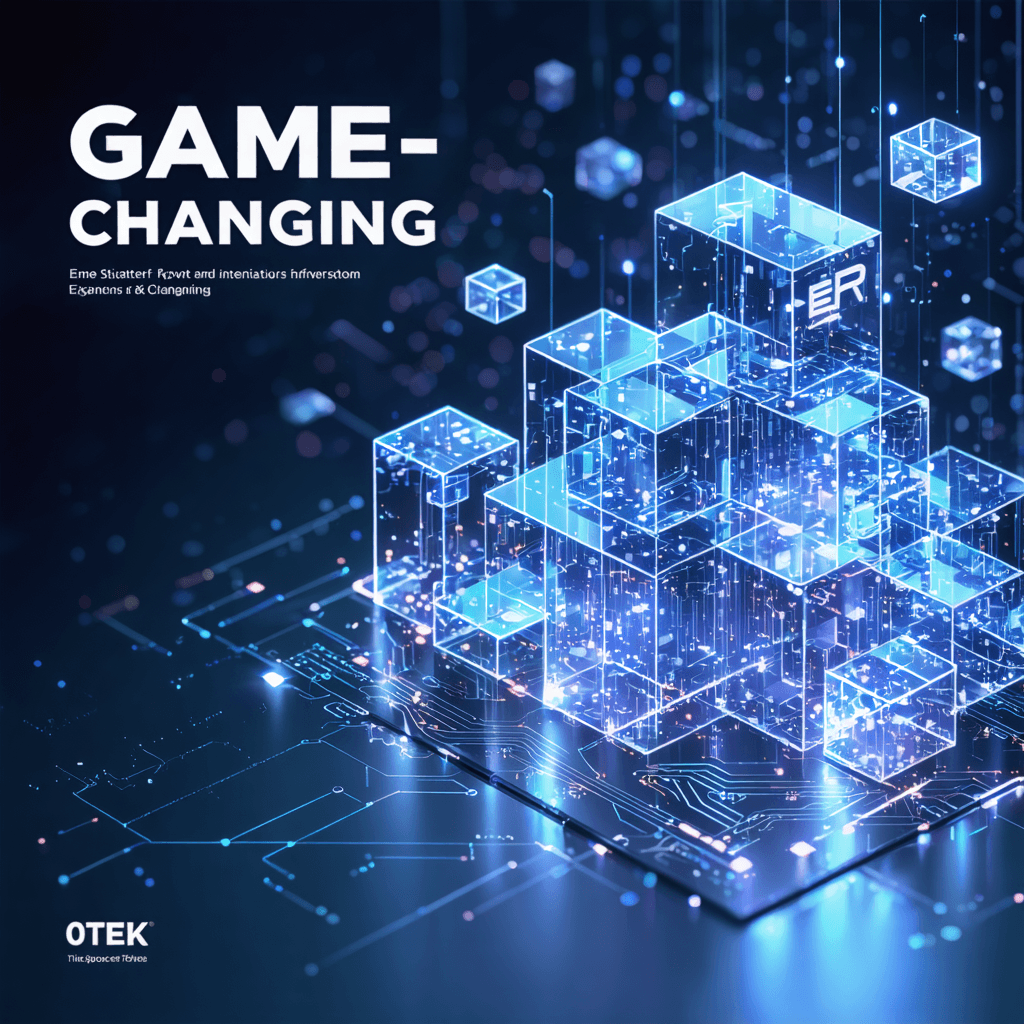10 Game-Changing ERP Integration Hacks That Top Developers Swear By
In today's fast-paced business environment, Enterprise Resource Planning (ERP) systems serve as the backbone of organizational operations. However, the real power of ERP lies in its seamless integration with other business systems. Let's dive into ten game-changing integration hacks that seasoned developers consistently rely on to maximize ERP effectiveness.
1. API-First Architecture Implementation
Experienced developers emphasize the importance of adopting an API-first approach when designing ERP integrations. This methodology ensures scalability and flexibility from the ground up. By designing APIs before implementing the actual integrations, developers can:
- Create more maintainable and documented interfaces
- Enable easier third-party integrations
- Reduce technical debt significantly
- Facilitate faster deployment cycles
2. Middleware as a Strategic Asset
Rather than viewing middleware as just another layer, top developers leverage it as a strategic component. Modern middleware solutions act as intelligent integration hubs, offering:
- Real-time data transformation
- Protocol mediation
- Advanced error handling
- Load balancing capabilities
This approach significantly reduces the complexity of direct integrations while improving system reliability.
3. Event-Driven Architecture (EDA) Implementation
Leading developers are increasingly adopting event-driven architectures for ERP integrations. This pattern allows for:
- Loose coupling between systems
- Better scalability
- Improved system responsiveness
- Real-time data synchronization
By implementing message queues and event buses, organizations can ensure reliable data transmission even during peak loads.
4. Automated Testing Frameworks
Successful ERP integrations rely heavily on comprehensive testing. Top developers implement automated testing frameworks that include:
- Unit tests for individual components
- Integration tests for system interactions
- End-to-end testing scenarios
- Performance testing under various loads
This approach significantly reduces deployment risks and ensures system stability.
5. Data Mapping Templates
Experienced developers create and maintain standardized data mapping templates. These templates:
- Accelerate integration development
- Ensure consistency across different interfaces
- Reduce mapping errors
- Simplify maintenance and updates
6. Smart Error Handling and Recovery
Robust error handling is crucial for maintaining system reliability. Leading developers implement:
- Intelligent retry mechanisms
- Circuit breakers for failing services
- Detailed error logging and monitoring
- Automated notification systems
These mechanisms ensure that integration issues are caught and resolved before they impact business operations.
7. Caching Strategies
Optimizing performance through intelligent caching is a crucial hack used by top developers. They implement:
- Multi-level caching architectures
- Cache invalidation strategies
- Distributed caching systems
- Real-time cache synchronization
This approach significantly improves system performance and reduces load on the ERP system.
8. Security-First Integration Design
Security cannot be an afterthought in ERP integrations. Expert developers implement:
- OAuth 2.0 and OpenID Connect protocols
- End-to-end encryption
- Role-based access control (RBAC)
- Regular security audits and monitoring
These measures ensure data protection while maintaining system accessibility.
9. Microservices Architecture
Modern ERP integrations benefit from a microservices approach. Top developers break down complex integrations into:
- Small, manageable services
- Independent deployment units
- Scalable components
- Easily maintainable modules
This architecture provides greater flexibility and reduces the impact of changes across the system.
10. Monitoring and Analytics Integration
Leading developers emphasize the importance of comprehensive monitoring solutions. They implement:
- Real-time performance monitoring
- Predictive analytics for system behavior
- Detailed audit trails
- Business metrics tracking
This enables proactive system management and helps identify potential issues before they become critical.
Implementation Best Practices
To successfully implement these hacks, consider the following best practices:
- Start with a clear integration strategy
- Document everything meticulously
- Implement changes incrementally
- Maintain regular communication with stakeholders
- Conduct thorough testing at each stage
- Plan for scalability from the beginning
Future-Proofing Your Integration
The ERP landscape continues to evolve, and successful integrations must be designed with future changes in mind. Consider:
- Cloud-native architectures
- AI and machine learning capabilities
- IoT integration requirements
- Blockchain compatibility
These considerations will ensure your ERP integration remains relevant and effective in the years to come.
The Impact on Business Operations
When implemented correctly, these integration hacks can lead to:
- Reduced operational costs
- Improved data accuracy
- Enhanced business agility
- Better decision-making capabilities
- Increased customer satisfaction
Ready to take your ERP integration skills to the next level? 01TEK offers comprehensive courses and resources designed to help you master these techniques and more. Our expert-led training programs provide hands-on experience with the latest integration tools and methodologies.
Visit 01TEK's learning portal today to explore our extensive catalog of ERP integration courses and start your journey toward becoming an integration expert. Whether you're a seasoned developer or just starting your career, we have the resources you need to succeed in the ever-evolving world of ERP integration.
*[ERP]: Enterprise Resource Planning *[API]: Application Programming Interface *[OAuth]: Open Authorization *[RBAC]: Role-Based Access Control *[IoT]: Internet of Things
Leadership is doing what is right when no one is watching.
George Van Valkenburg



